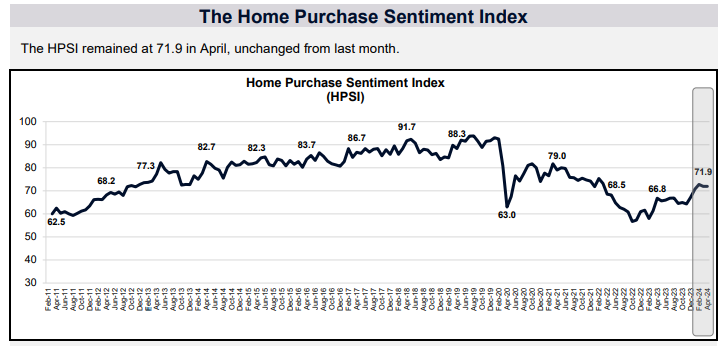A New Imbalance in Housing?

What happens when the homeownership rate is at its lowest point in more than a half-century but the median rent for the least expensive multifamily rental homes is skyrocketing? The answer has yet to play out, but two new data reports are pointing to the most serious problems facing the housing market today.
Second quarter data from the U.S. Census Bureau has determined that the nation’s homeownership rate is now at 62.9 percent, its lowest recorded level since 1965. The second quarter rate is 0.6 percent below the first quarter level and 0.5 percent under the level set in the second quarter of 2015.
However, while there are fewer homeowners today, there is also a shrinking amount of available inventory. National vacancy rates in the second quarter were 1.7 percent for homeowner housing and 6.7 percent for rental housing—there was little statistical change from the previous quarter or the corresponding 2015 quarter in either sector. Approximately 87.3 percent of the nation’s housing units were occupied and 12.7 percent were vacant. Owner-occupied housing units made up 54.9 percent of total housing units, while renter-occupied units made up 32.4 percent of the inventory in the second quarter. The second quarter homeownership rates were highest for those 65 years and over (77.9 percent) and lowest for the Millennials (34.1 percent).
On a regional basis, the homeowner vacancy rate was highest in the South (two percent) and the Northeast (1.8 percent) compared to the Midwest (1.6 percent) and West (1.2 percent). For rental vacancy rates, there were more housing options in the South (8.5 percent), followed by the Midwest (7.3 percent), Northeast (5.2 percent) and West (4.9 percent).
Separately, a new Zillow analysis of 15 major housing markets has determined that the median rent for the least expensive one-third of apartments was outpacing the overall rental market. This was especially harsh in California—most notably in Sacramento, where the price of the least expensive rental homes ballooned by 33 percent over the last year while the city’s overall median rent increased only by seven percent.
Complicating matters was the uneven focus among builders and developers on high-end rental construction. In Tampa, for example, 93 percent of apartments built after 2014 were among the most expensive in that market. The housing markets in Charlotte, Denver and Seattle had the smallest percentage of low-end construction built after 2014: four percent of new construction in Charlotte was among the least expensive one-third of rental homes, and only seven percent in Denver and Seattle were aimed at residents seeking affordable options.
"There's a growing divide in the rental market right now," said Zillow Chief Economist Svenja Gudell. "Very high demand at the low end of the market is being met with more supply at the high end, an imbalance that will only contribute to growing affordability concerns for all renters. We're simply not building enough at the bottom and middle of the rental market to keep up with demand. As a result, these segments are becoming very competitive, as both new renters look to find their first place and existing renters get shut out of homeownership because of extremely limited for-sale inventory. Apartment construction at the low end needs to start ramping up, and soon, in order to see real improvement."





